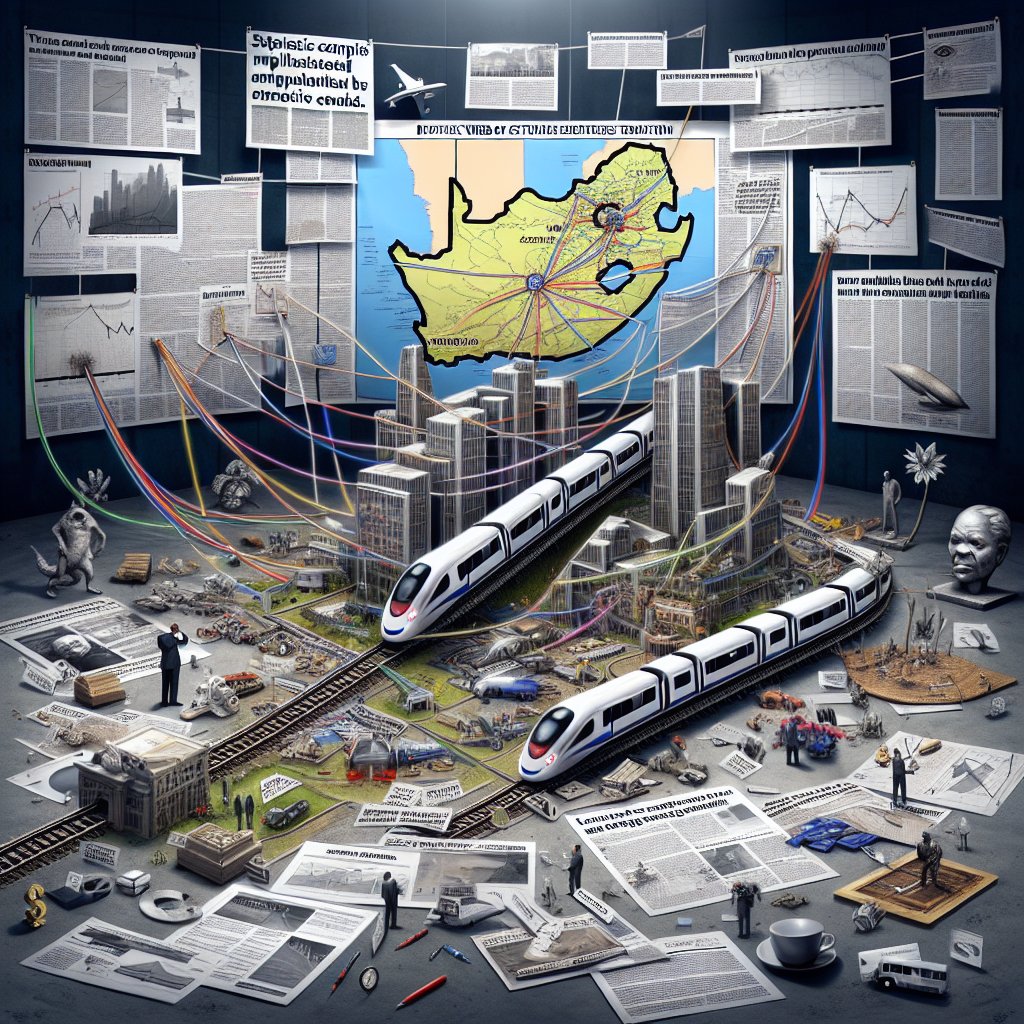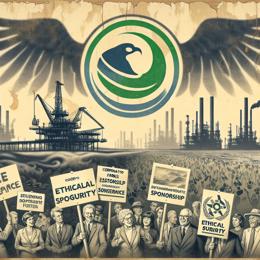Content created by AI
The Capture Controversy: Inside Bombardier's Gautrain Tender Scandal
A meticulously planned "capture strategy" devised by Canadian aerospace and transportation giant Bombardier has come to light in South Africa, following investigative revelations by the Mail & Guardian. According to the reports, Bombardier employed a detailed approach aimed at securing the lucrative R26-billion Gautrain rapid-rail system contract, which has now sparked an outpour of ethical concerns and scrutiny. This article delves into the intricate web woven by Bombardier, the questionable methods allegedly employed, responses from key players, and the reverberations of this scandal, both locally and internationally.
Canadian multinational Bombardier strategically planned to win over decision-makers and gain an upper hand by obtaining sensitive information on their competitor while in the race for the Gautrain project in South Africa. In what is described as a “capture plan,” Bombardier did not hold back in collating personal details on political figures, including former Gauteng premier Mbhazima Shilowa, setting the stage for potential informal lobbying via third parties.
Additionally, Bombardier, leading the Bombela consortium, is alleged to have paid a substantial sum to a Tunisian fixer named Youssef Zarrouk, raising suspicions of bribery tied to the Gautrain contract. Zarrouk had ties with Advanced Technologies & Engineering (ATE), roping in influential individuals such as Jean-Marc Pizano and Peter-Paul Ngwenya for the lobbying campaign.
The narrative unfolds with strategic meetings and information exchanges that hint at Bombardier’s alleged involvement in questionable tactics to discern details on their opponents' bid structures—actions that run counter to Bombardier's publicized code of ethics, which explicitly prohibits unethical practices in competitive intelligence gathering.
As the story continues, we see the Bombela consortium's journey to becoming the preferred bidder, with lobbying tactics that include targeting political decision-makers via events like the Cape Town Jazz Festival and exploiting their personal interests. The release of such granular strategies by the M&G exposes an intricate technique of capture planning to secure a pivotal public infrastructure project.
The recent M&G exposé prompted the Gautrain Management Agency to question Bombela sternly, pushing for accountability over the alleged unethical practices. The regulatory body highlighted the grave nature of the allegations, emphasizing the commitment to combat corruption both at the bidding stage and within the finalized contract terms.
This case has not only inflamed debates in South Africa but has also echoed through the halls of Bombardier's home nation, Canada. The Canadian transport behemoth found itself amidst a whirlwind of criticism paralleling a scandal involving SNC-Lavalin, another Montreal-based engineering company, embroiled in corruption allegations linked to North African contracts. These cases expose a wider issue of corporate governance and the international community’s fight against corruption.
Bombardier’s spokesperson fervently denies any allegations of impropriety, asserting their adherence to high ethical standards while operating globally. The firm claims that the outlined capture plan was generated in regular course to understand the competitive landscape and insists that no inappropriate measures were undertaken.
As the wave of accusations and denials continues, the ultimate echo of this scandal resonates with the imperative need for transparency and just practices in the orchestration of national development projects such as Gautrain, a symbol of progress and connectivity in South Africa.










